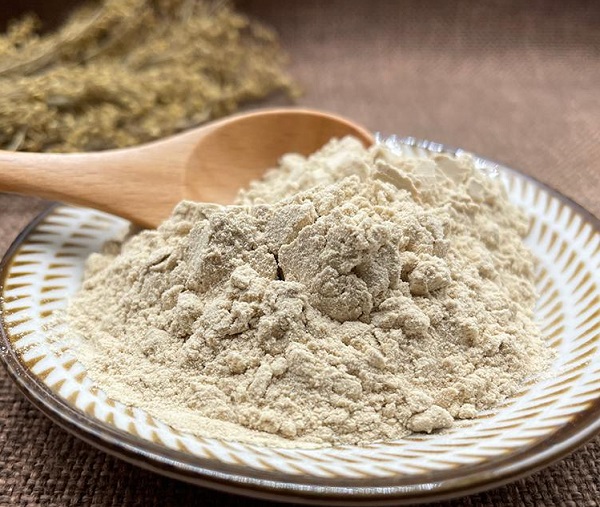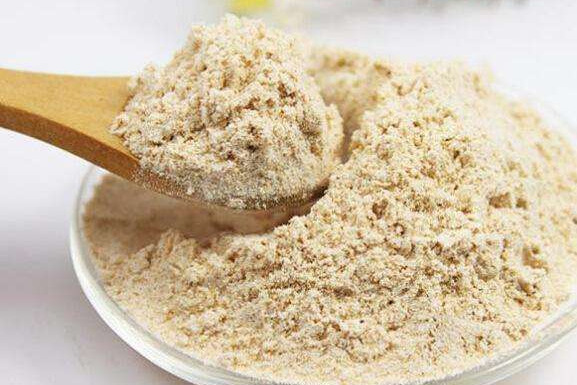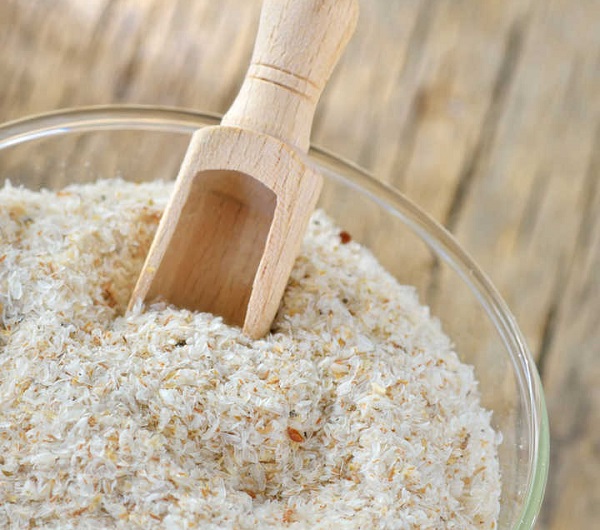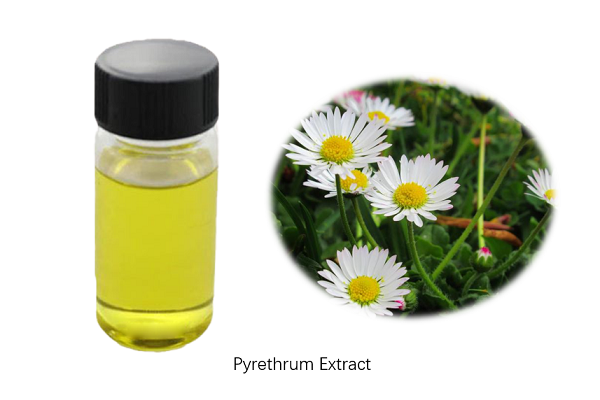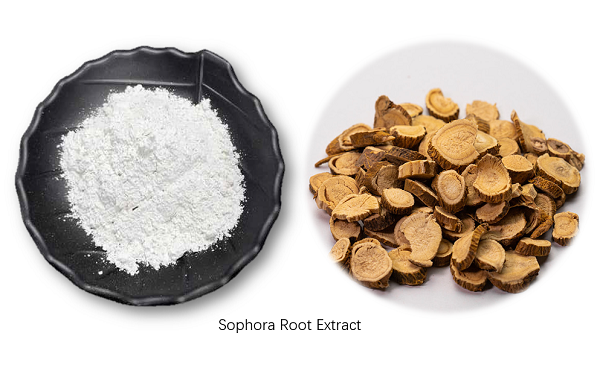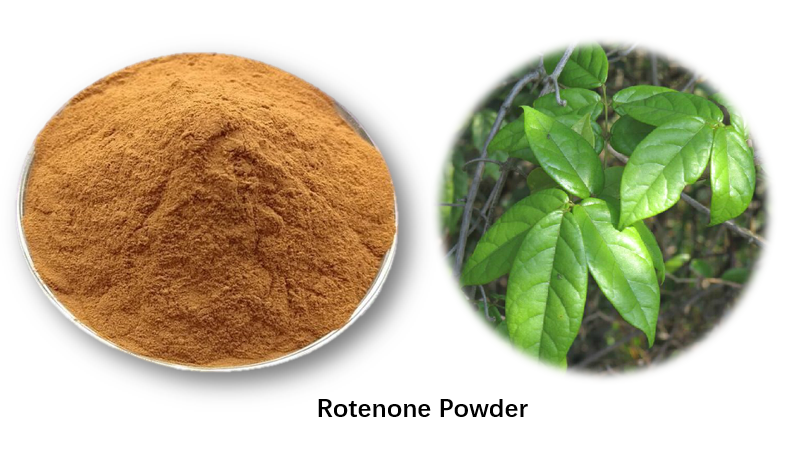Follow Us:
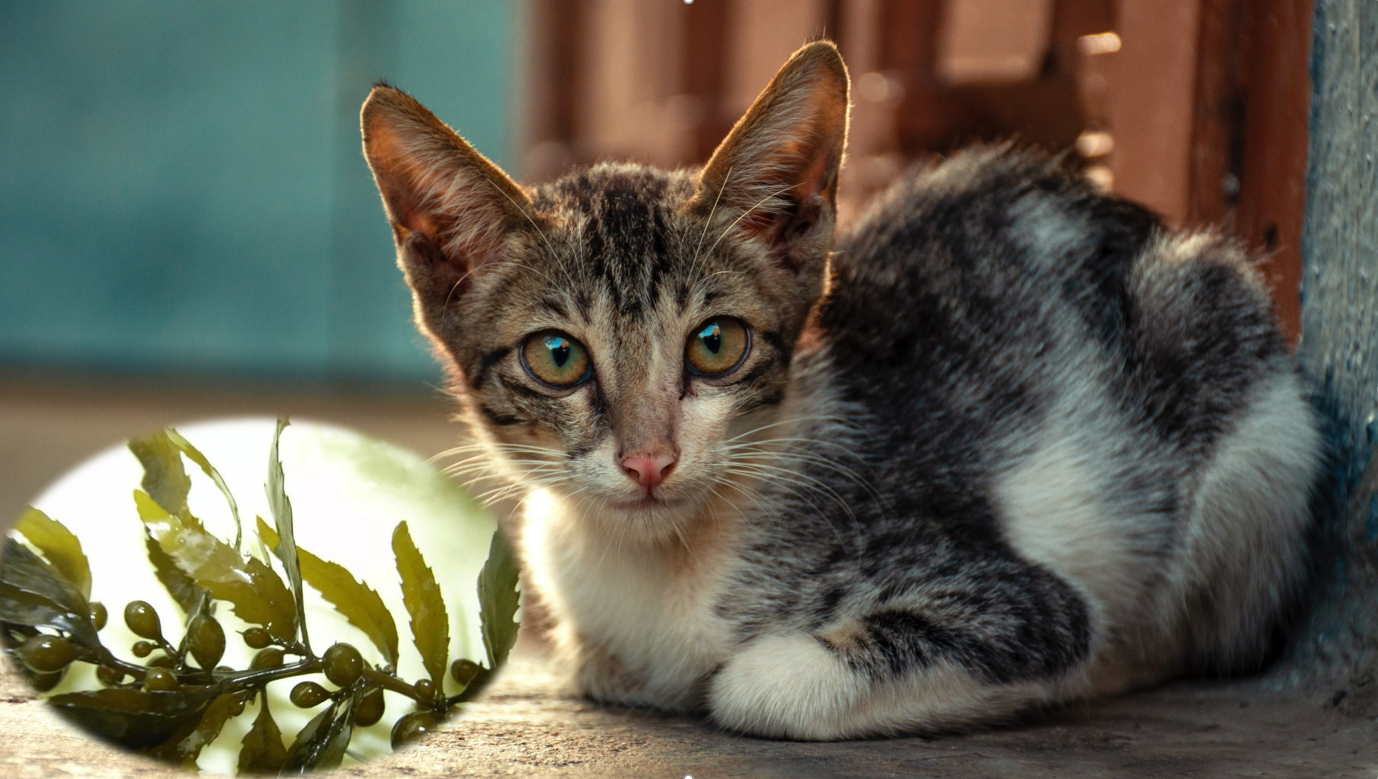
Can Cats Have Seaweed?
As pet owners, seaweed might not be the first food that comes to mind when you think of cat-friendly snacks, but this nutrient-packed marine plant could offer a range of benefits to your furry friend. So, can cats have seaweed? Are there any health benefits? And what should you know before introducing it into their diet?
As a seaweed powder manufacturer, in this blog, we’ll explore what seaweed is, its nutritional components, whether it’s safe for cats, and how to feed it to your cat safely. Let’s dive in!
What is Seaweed?
Seaweed is a type of marine plant or algae that grows in oceans, rivers, and lakes. It comes in many varieties, and it’s commonly found in Asian cuisines, health food products, and even supplements. Algae can not only be used to make sushi or salad, but is also rich in vitamins, minerals and antioxidants, making it a healthy food loved by humans.
Seaweed comes in three main types, each with distinct characteristics:
- Green Algae: Often found in freshwater, these are less common in pet foods but are nutrient-rich.
- Brown Algae: Includes kelp and wakame, both of which are rich in iodine and minerals.
- Red Algae: Known for its high antioxidant content, red algae is often found in health supplements and some pet products.

Nutritional Components of Seaweed
Seaweed is known for being nutrient-dense. Here are some of the key nutritional components found in seaweed:
- Vitamins: Seaweed is rich in vitamins A, C, E, and K, as well as several B vitamins, including folate. Vitamin B12, which is rare in plant-based foods, can also be found in certain types of seaweed.
- Minerals: One of the standout benefits of seaweed is its high mineral content. It contains essential minerals like iodine, calcium, magnesium, iron, and potassium. Iodine, in particular, is important for thyroid function.
- Fiber: Seaweed contains both soluble and insoluble fiber, which can help support digestive health. However, it’s important to note that cats, being obligate carnivores, don’t rely on fiber the same way humans do.
- Antioxidants: Seaweed has natural antioxidant properties, which may help protect cells from damage caused by free radicals.
- Omega-3 Fatty Acids: Some seaweed varieties contain omega-3 fatty acids, which are beneficial for overall health, especially for skin, coat, and joint health.
Can Cats Eat Seaweed?
The answer is yes, cats can eat seaweed—but there are some important considerations to keep in mind.
- Moderation is Key: Seaweed should be offered as a treat, not a regular part of your cat’s diet. Cats are obligate carnivores, which means they require a meat-based diet for their nutritional needs. Seaweed can supplement their diet but should never replace essential animal proteins.
- Iodine Levels: Seaweed, especially varieties like kelp, is high in iodine, which is great in small amounts but can be harmful in excess. Too much iodine can lead to thyroid issues, including hyperthyroidism, which is a concern for cats. Always ensure that the amount of seaweed you feed your cat is minimal.
- Safe Varieties: Not all seaweed is suitable for cats. Some varieties can be toxic if consumed in large quantities, always source seaweed from reputable suppliers to ensure it is safe for consumption.
Benefits of Seaweed for Cats
When fed correctly and in moderation, seaweed can offer several benefits for your cat:
- Improved Coat and Skin Health: The omega-3 fatty acids in seaweed can promote a shiny, healthy coat and may reduce inflammation in the skin, helping with issues like dryness or itching.
- Digestive Health: Seaweed is filled with helpful prebiotics that promote gut health for kitties, and it is also high in fiber, so it helps regulate intestinal motility and reduce constipation.
- Boosted Immunity: The vitamins and antioxidants in seaweed can help bolster your cat’s immune system, supporting overall health.
- Joint and Bone Health: The calcium and magnesium found in marine algae can help promote healthy bones and joints, which is particularly beneficial as your cat ages.
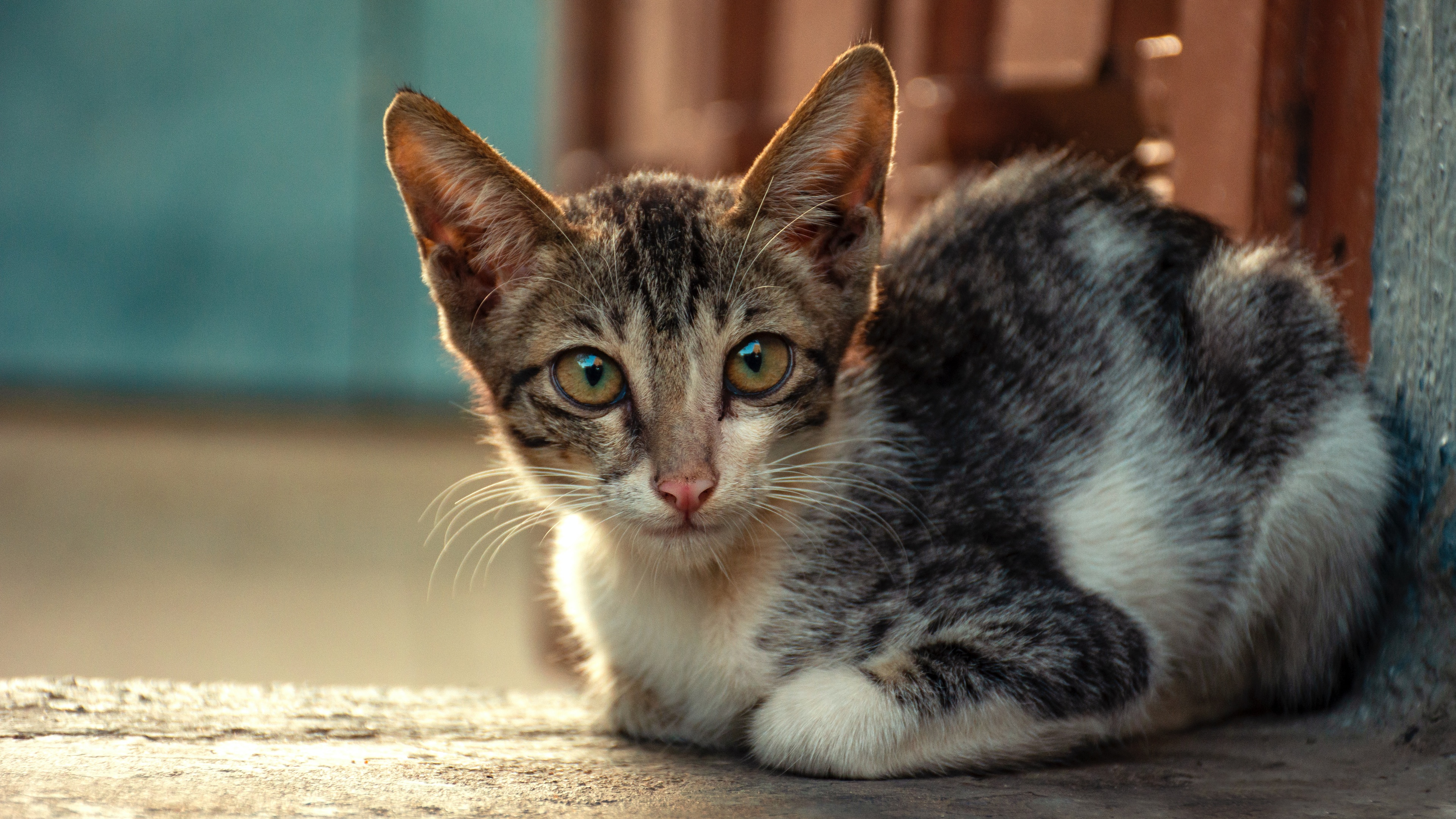
What Types of Seaweed Are Safe for Cats?
Not all seaweed is suitable for cats. Here are some types of seaweed that are generally safe for pets:
- Nori: This is the same seaweed commonly used in sushi rolls. Nori is a safe option for cats in small amounts and is often sold in dried, crisp sheets. It’s low in fat and calories and packed with essential nutrients.
- Kelp: Kelp is a type of brown seaweed that’s rich in iodine, calcium, and other trace minerals. It is often included in pet supplements due to its health benefits. Kelp is generally safe for cats when given in moderation.
- Dulse: Dulse is a type of red seaweed that is safe for cats and often available in dried form. It’s rich in potassium, iodine, and iron.
- Wakame: Another edible seaweed, commonly used in soups and salads, wakame is safe for cats in small portions.
How to Feed Seaweed to Cats?
If you’d like to offer seaweed to your cat, there are a few ways to do so safely:
- Dried Nori Sheets: Nori is often available in sheets, and cats typically enjoy the crunchy texture. You can tear or cut the nori into small, bite-sized pieces and offer it as an occasional treat.
- Kelp or Wakame Supplements: Some pet food brands offer seaweed-based supplements or seaweed powder designed specifically for pets. These can be sprinkled on your cat’s regular food to provide a boost of nutrients.
- Seaweed Snacks: Some pet food brands offer seaweed snacks or treats specifically made for cats. These treats are typically made with safe, non-toxic types of seaweed and come in portions that are safe for your cat.
- Infused Broths: If your cat loves wet food or broth, you can add small amounts of wakame or kelp to their broth for a boost of nutrients.
Precautions and Risks
- Portion Control: The key to feeding seaweed to cats is moderation. Too much seaweed can lead to iodine toxicity, which may disrupt your cat’s thyroid function. Always consult with your vet to determine the right amount for your cat.
- Watch for Allergic Reactions: As with any new food, start by offering a small amount of seaweed and monitor your cat for any signs of allergies, such as digestive upset, vomiting, or diarrhea.
- Avoid Seasoned Seaweed: Don’t feed your cat seaweed that has been seasoned with salt, soy sauce, or other seasonings. Excess salt can be harmful to cats, and certain seasonings like garlic and onion are toxic.
- Quality Matters: Always purchase seaweed from trusted sources to ensure it is safe and free from contaminants. Seaweed harvested from polluted waters may contain toxins that could be harmful to your cat.
- Consult with Your Vet: Before introducing any new food or supplement into your cat’s diet, it’s always a good idea to check with your vet, especially if your cat has any underlying health conditions like thyroid problems or kidney disease.
Where to Buy Seaweed?
GREEN AGRI is a pet food ingredients supplier with 20 years of experience. We specialize in producing high-quality seaweed powder for sale. Our seaweed comes from safe and pollution-free waters. Our products have been trusted by major pet food manufacturers and loved by pet owners. Just send an email to info@greenagribio.com to get bulk seaweed powder.
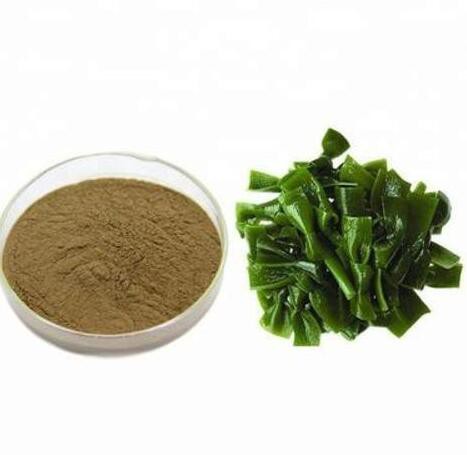
Conclusion
In summary, seaweed can be a nutritious and safe treat for your cat, providing beneficial nutrients like vitamins, minerals, and fiber. However, like any new food, it should be introduced gradually and carefully. Always opt for plain, unseasoned seaweed and stick to safe varieties. By following these guidelines, you can offer your cat a healthy, occasional seaweed snack that can complement their balanced diet.
For more information on sourcing various types of seaweed powder for pet feed, please feel free to contact us.
Reference:
https://www.sciencedirect.com/science/article/pii/S0377840119315275
https://www.catster.com/nutrition/can-cats-eat-seaweed/
https://en.wikipedia.org/wiki/Seaweed













